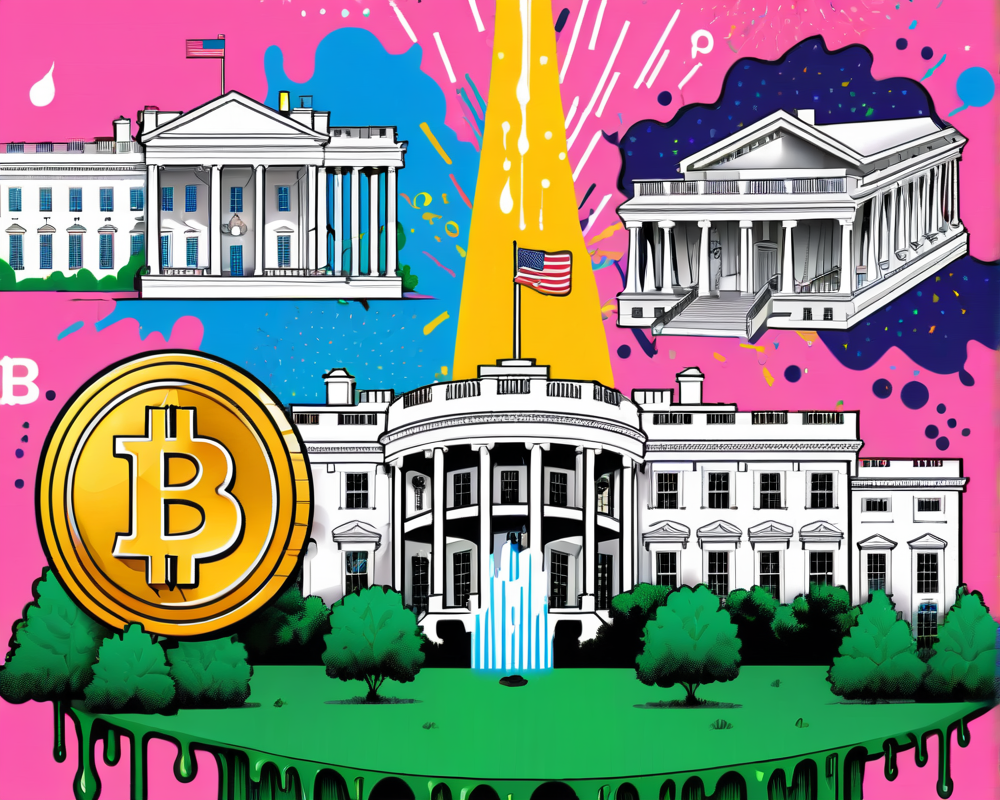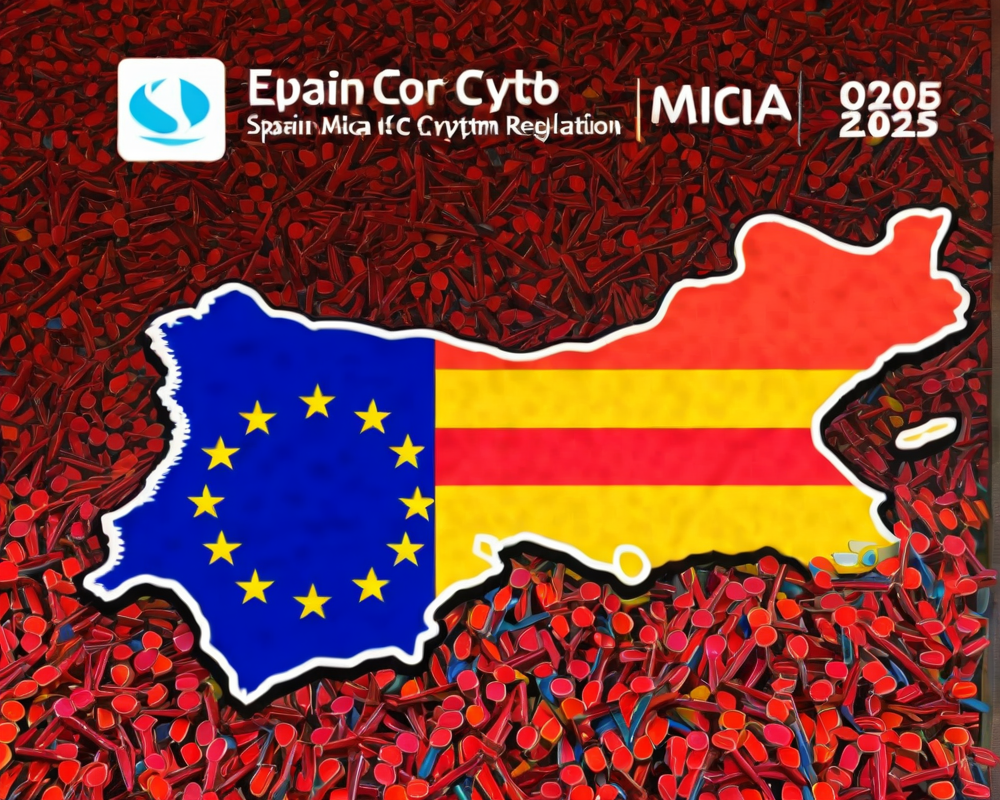Examining the White House’s Take on Digital Assets
The recent economic report from the White House, released on March 20, dedicated an entire section to digital assets. While the commendable intention behind this scrutiny is evident, the conclusions drawn have left many industry builders scratching their heads. The report suggests that crypto assets hold no broad economic benefits. As someone who dives into this digital currency pool daily, I can’t help but disagree!
The Underlying Issues with the Report
The report highlights various problems related to digital assets affecting consumers and the environment — and rightly so. A glaring oversight, however, is the focus on unregulated offshore exchanges, such as BingX and Deepcoin. It’s like shining a spotlight on a raccoon rummaging through trash while ignoring your well-behaved dog just a few feet away. Why not focus on platforms that U.S. citizens can actually access and utilize safely?
What was Left Out?
Missing from the report was a comprehensive view of the Chicago Mercantile Exchange (CME) and its Bitcoin (BTC) and Ether (ETH) futures, which are indeed compliant with U.S. regulations. It’s baffling! Including CME would show commitment to transparency, backed by the Commodities Futures Trading Commission. Instead, the White House opts for a mixed bag of lesser-known, offshore derivative platforms that lack governance. Could this be a deliberate move to paint a negative picture of digital assets?
The Case for Decentralized Finance (DeFi)
Let’s shift our gaze to a budding alternative: decentralized finance, or DeFi. Unlike traditional finance stuffed with middlemen, DeFi allows users to interact directly and control their own funds. It’s like comparing a grand buffet with questionable hygiene to a well-packaged meal where you know who prepped it. DeFi does away with custodians and uses transparency by ensuring that all lending protocols are overcollateralized.
Regulatory Gaps and the Path Forward
The regulatory ambiguity surrounding digital assets and derivatives stifles innovation, preventing U.S. entities from harnessing the rights and opportunities available in the crypto sphere. Builders in DeFi are keen to adhere to regulations set by self-regulatory organizations, aiming for clarity and purpose instead of a ‘gotcha’ approach. It’s about rebuilding the financial architecture with transparency and resilience at its core.




